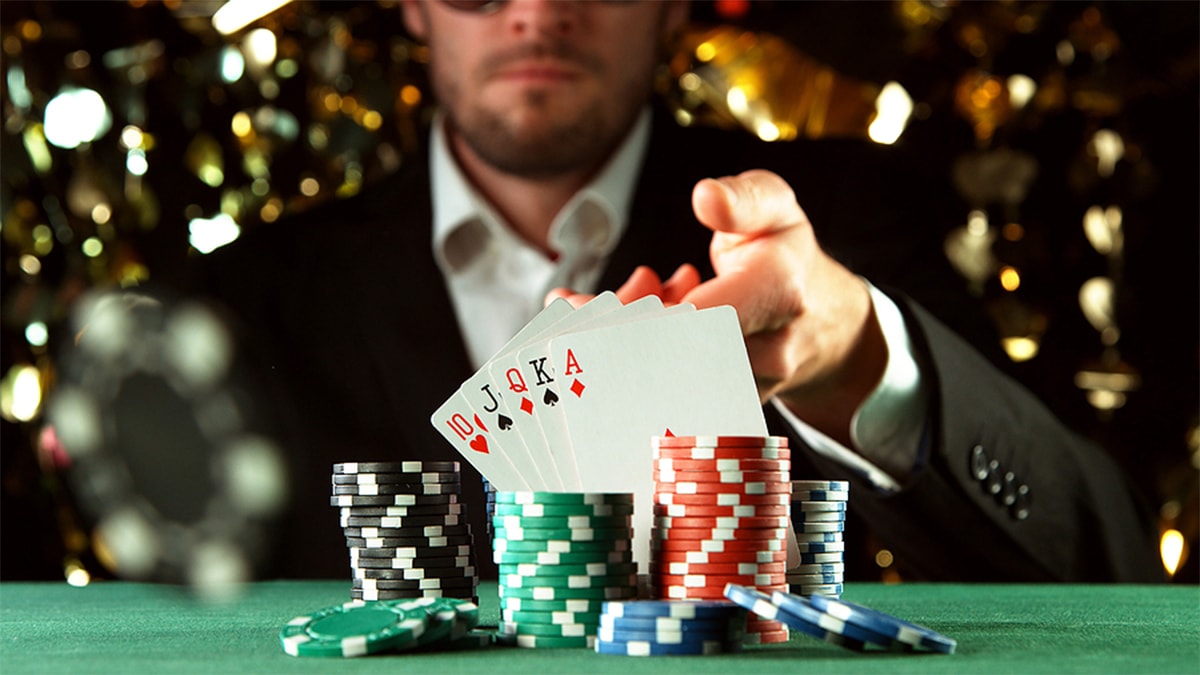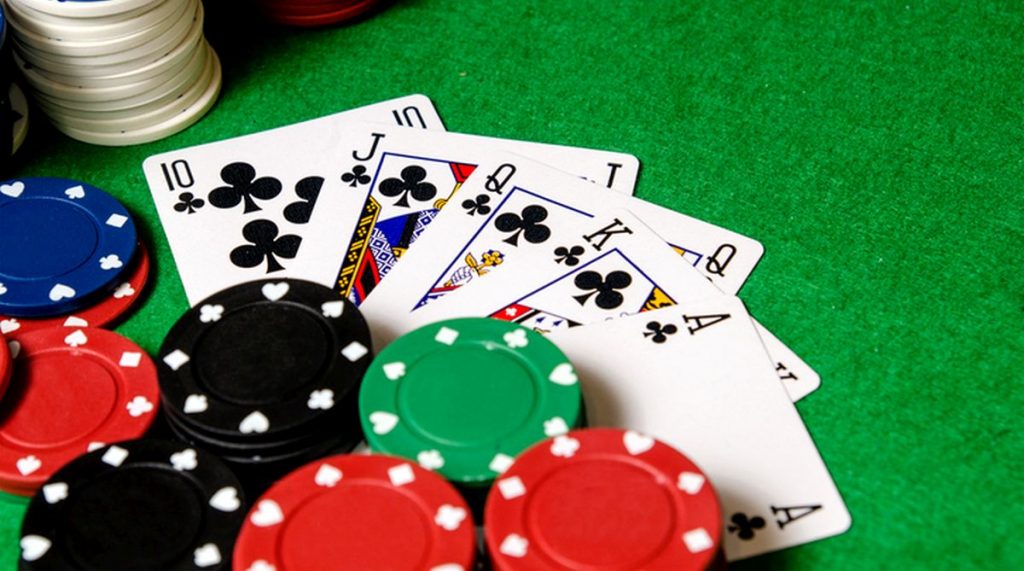
Ways to confuse your poker game
A great many players during tournaments are adept at using such a skill as confusing the game.
Some trickery can help the game well or, on the contrary, if the opponent is completely predictable, most likely he will not be able to stay at the table for too long.
If you want to follow their example, you should consider when to use a trick and when not to, whether your opponent’s play should be taken into account when you’re about to use a trick, and what the personal cost of the chosen strategy will be.
If there are poker pros among the players at the table, you simply must constantly change your own strategy. As an example, consider the book “Harrington in Cash Games” by author Dan Harrington.
The strategy he proposes is based on the principle of mixing your own game

Each new topic Harrington reveals with the help of a probability formula, which was developed by him personally and suited to specific circumstances. For example, the author states that under certain conditions he raises 80% of the time, leaving 20% to equalize his opponent’s bet.
He uses the “flush the other hand” technique to make his decision: furtively, he looks at his watch, and if the second hand is between 1 and 12, he calls, but if the “hand” is in a different position, he raises.
From Harrington’s point of view, a raid is the best way to play, and he calls it an “80% raid”. As a result, using this assessment, we can say that every time the “clock” points to a call, the game is sub-optimal.
Categorizing himself as a professional, Harrington realized that he was creating a problem for himself. He still maintains that his sub-optimal decisions and subsequent losses are still a win for him, since his opponents are lost in such unorthodox behavior and cannot foresee his further actions.
In fact, such a player is very difficult to “read”. It took him a lot of effort to create and maintain his own image, and as a result, Harrington is now associated with the term “rock player.
However, if you use the style in question in his book, you can achieve exactly the opposite results. There are two reasons why the losses resulting from irrational actions cannot be balanced by the gains resulting from the tricks and cunning employed at the table.
The first is that your tricks will not be noticed
The author’s advice will be in vain if your opponents, due to their shortsightedness, simply do not understand your intentions. The vast majority of mid- and low-limit players simply won’t pay attention to the tricky tricks described above.
The second reason is that even if your tricks work, the winnings will still be small

Even if your opponents at the table are closely watching your every gesture, the approach described may not be financially justifiable. In order for your random tricks or tricks to have any small effect, you must play countless hands with the same player.
For example, you have a weak hand and a couple of deceptive tricks on the loaf. You start 70-20-10 breakdown for a “fold-call-raise.” In your opinion, the best thing to do now would be to pass, but you want to mix up your own play with calls by adding a couple of raises.
So what do you get as a result? First of all, the number of situations where you can end up with the same opponent, a couple of tricks, and a weak hand on the pot is very limited. If you pass, you won’t get bonuses because no one will know what cards you discarded. A similar situation occurs when you simply pass the flop or call.
The benefit of such situations lies in a free raise with low frequency. Each time you do, it becomes harder for players to read you, which, of course, is to your advantage. However, in such a situation, your motivation to get back what you’ve lost in situations where you’ve passed is not obvious.
In cases like this, you need to remember the following:
- Trickery is an integral part of a plus player’s game. To keep your opponents from reading you, you need to work at it well. Unfortunately, Harrington’s formula has almost no practical application.
- Occasionally, but not regularly, make repeated or unexpected raises. This will make your game mysterious and your moves unpredictable.
- Leave the illusory game syndrome behind, and use the tactics of a tight-aggressive game.
